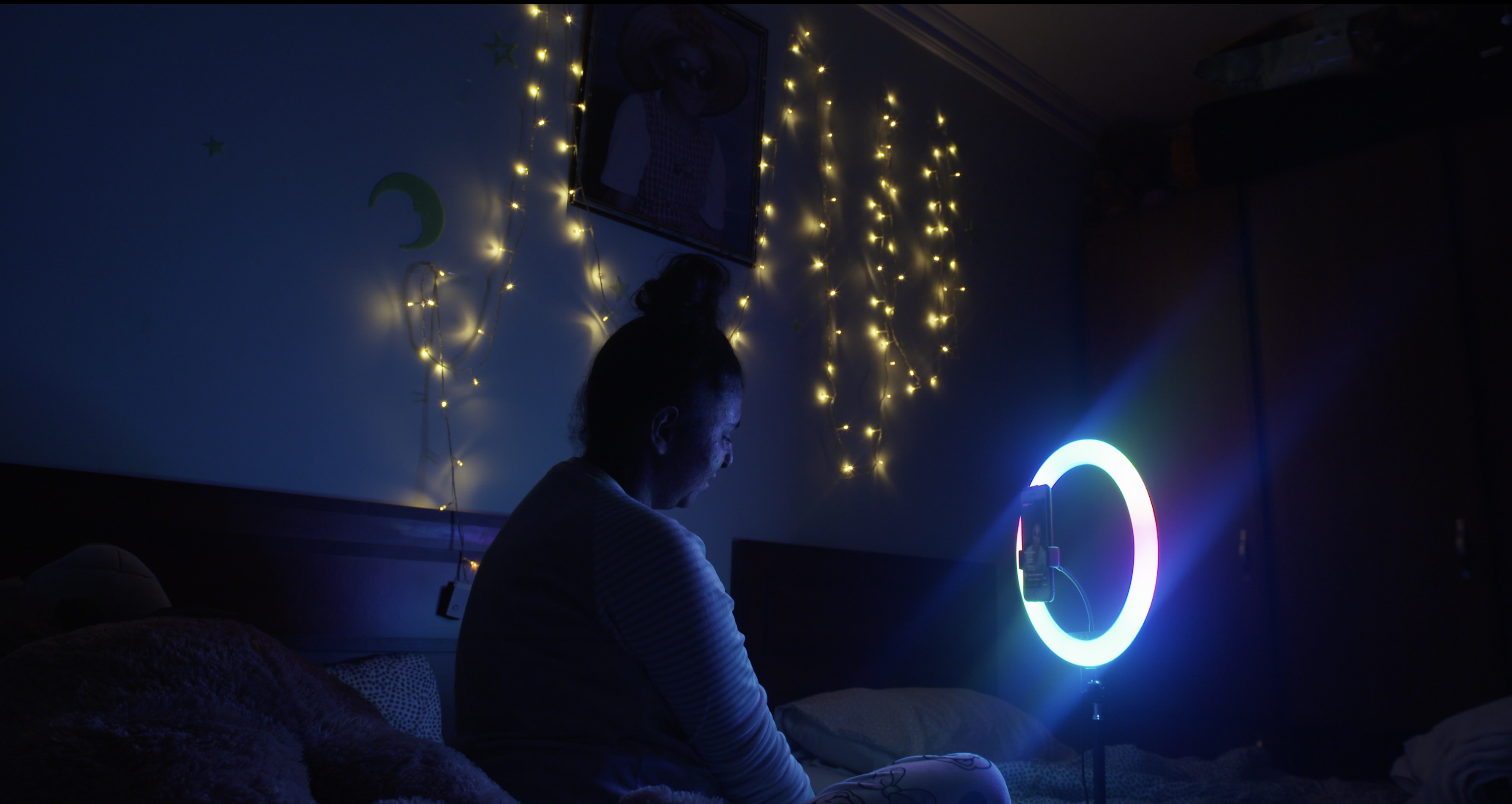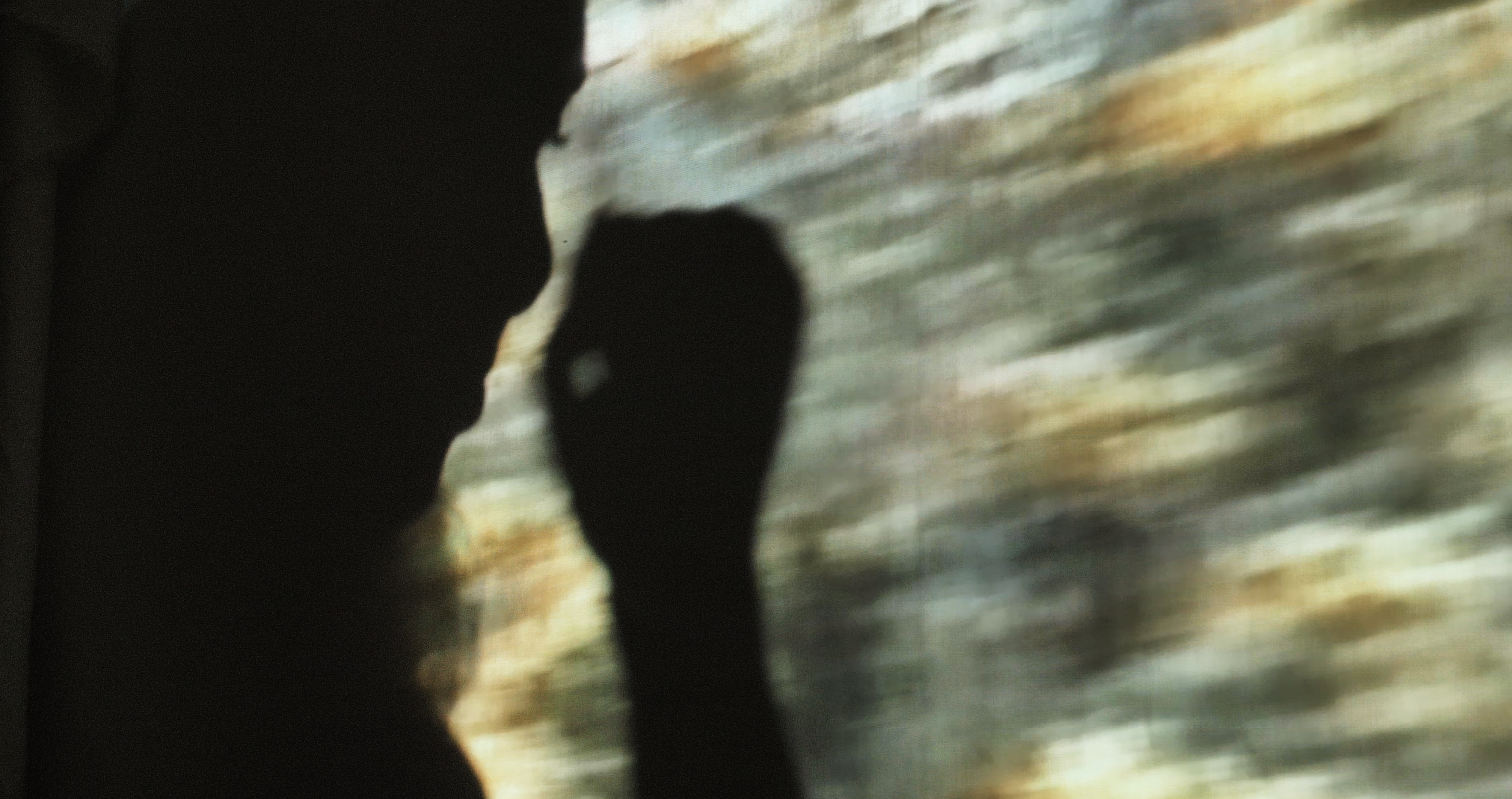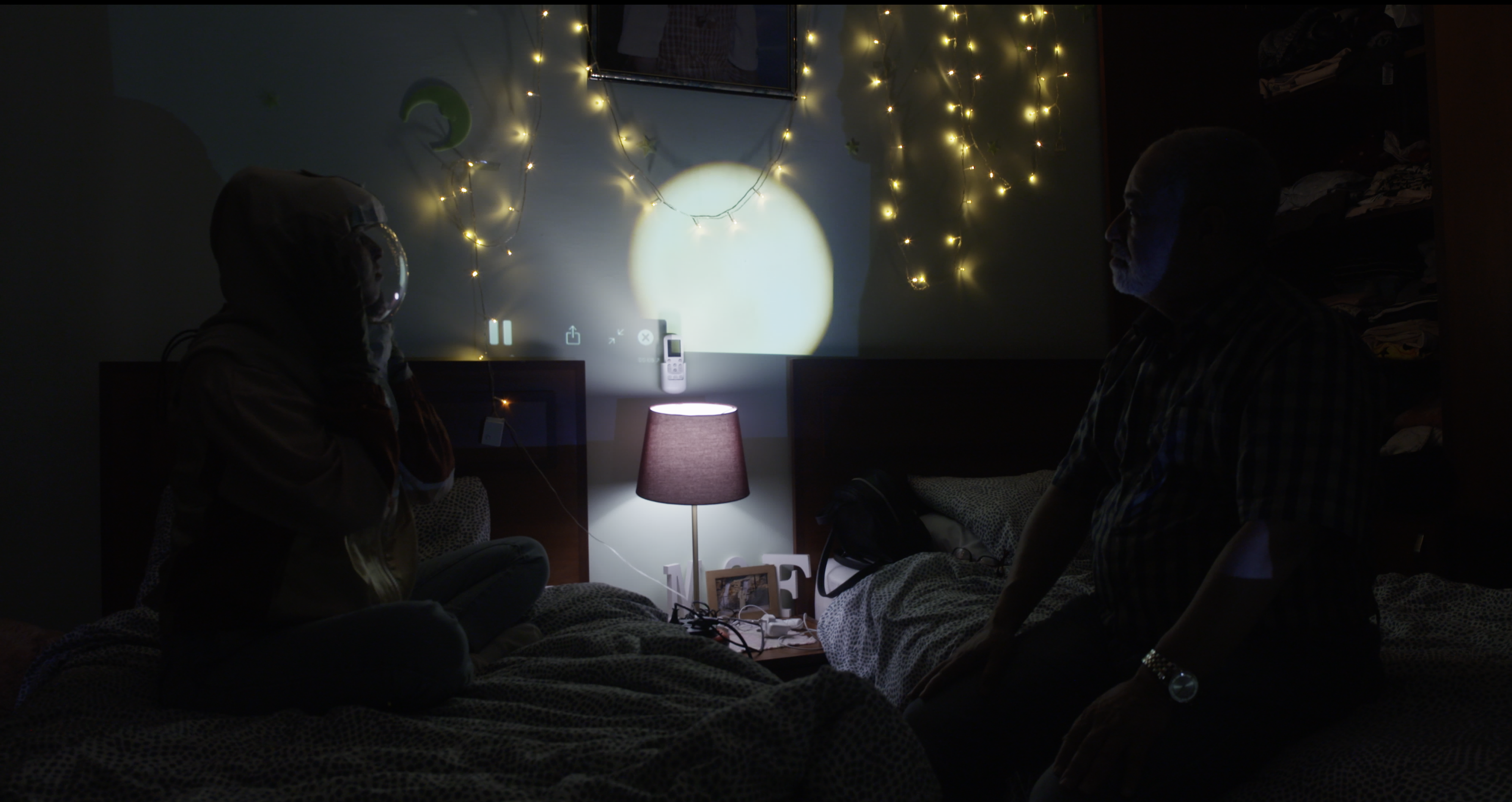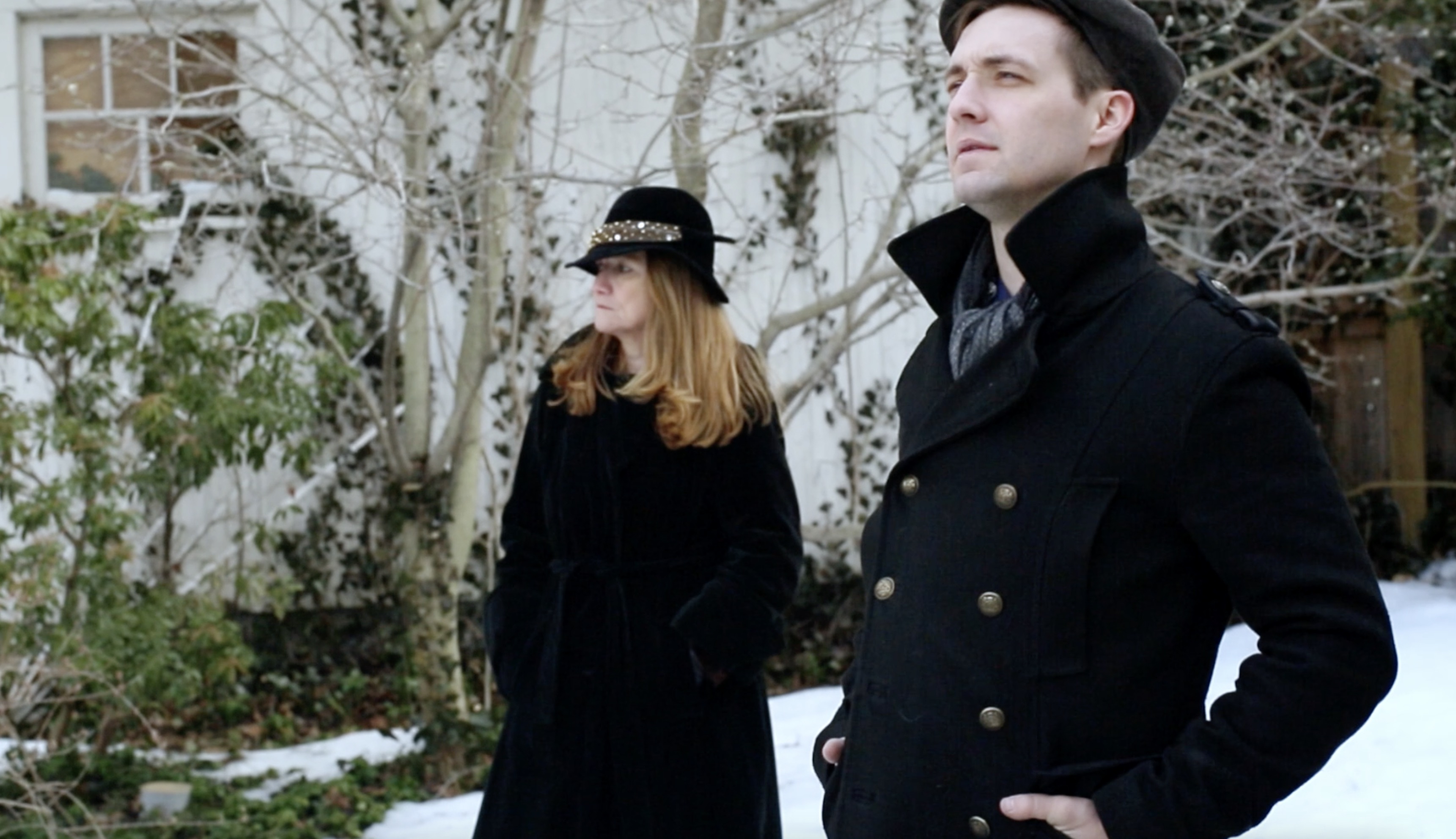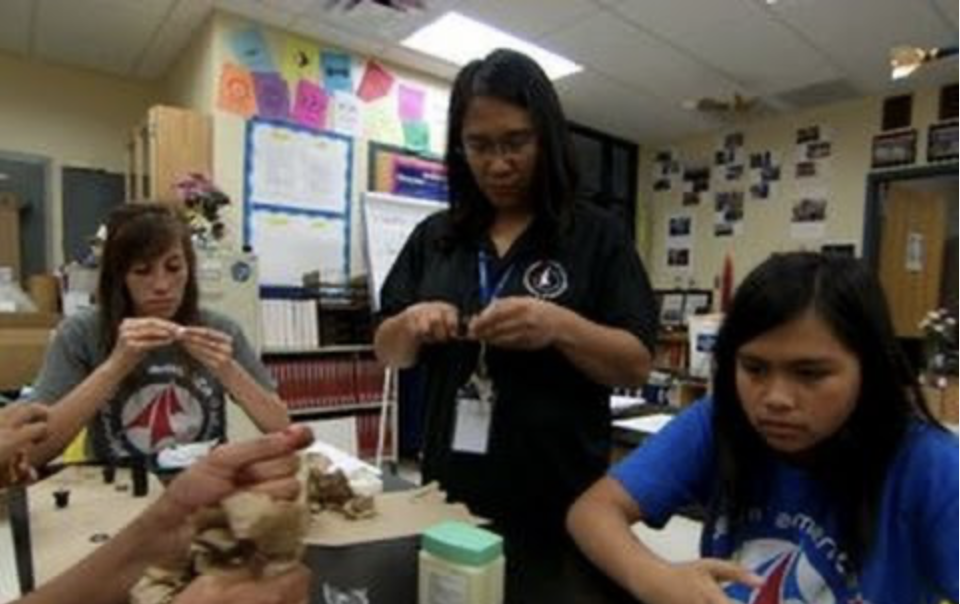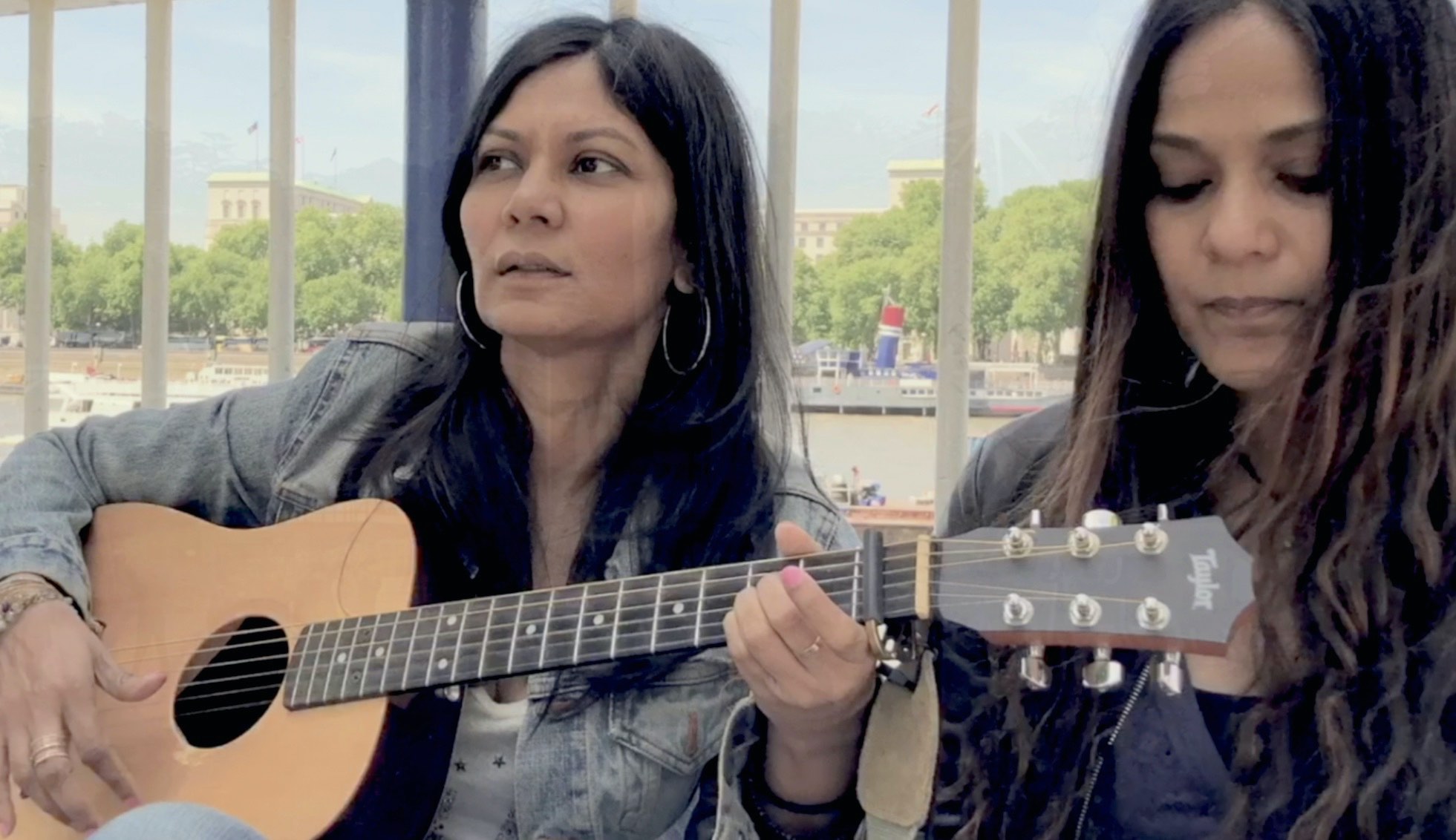Genre
Synopsis
Habib, a father and amateur photographer living in Mohammedia, Morocco, unintentionally captures the gradual onset of a rare disease affecting his daughter, Fatima Zahra, through his family videos. As Fatima begins to struggle with her condition, which confines her to a life away from the sun, Habib becomes her essential source of support.
Fatima underwent more than 200 operations and passed away at theage of 32, an age well above the life expectancy generally predicted bydoctors for a "child of the moon." Fatima defied all predictions and, to my
knowledge, she is one of the few in Morocco to have survived so long.She became an iconic figure, a symbol of hope and vitality for all thosewho live in the shadow of the sun. Her life is a tribute to strength and
dreams.The news of her death made headlines in Moroccan and international newspapers.
To help Fatima and other children facing similar challenges, Habib creates an association called "Children of the Moon." This association allowed Fatima to connect with other kids suffering from the same illness, helping her form friendships and share experiences. The group uses social media, particularly Facebook and TikTok Live, to gather virtually every night, sharing their stories, offering support, and envisioning their future together.
Motivated by their shared experiences, Fatima and her friends decide to strengthen their bonds outside the virtual realm. They dream of living together in a private space where they can feel safe and accepted, away from societal judgment. Their goal is to create an environment where they can thrive despite the challenges related to their illness.
As events unfold, the group faces various life experiences, including attempts at romantic relationships that they stage in a theater space—a creative escape to express their discomforts. Some of these attempts succeed, while others fail. Tensions arise when one of their key members chooses to return to life under the sun. This loss affects the group's dynamic as they must navigate the grief of losing a friend while celebrating significant events like weddings and birthdays.
The story takes a tragic turn when Fatima suddenly passes away, just before they are set to leave Morocco to meet her virtual friend in Lofoten, Norway. This friend had promised Fatima a unique experience: four weeks of freedom in the polar night, where she could escape the dangers of the sun. Her absence leaves a massive void within the group but reignites their determination to fulfill her dream. In Lofoten, the members of the "Children of the Moon" discover that even without direct sunlight, ultraviolet rays can still expose them to dangers, particularly through reflections on the snow. After these four weeks of semi-freedom, they nonetheless decide to return to Morocco to hide in their homes, as if nothing has happened, aware that their fight for recognition and safety is only beginning. This film tells the story of a group of young dreamers, the Children of the Shadow, who strive to escape the sun.
Bio
Asmae El Moudir is a Moroccan film director, screenwriter and producer. She studied at La Fémis in Paris and holds a master's degree in production and a bachelor’s degree in documentary cinema. Asmae has directed short films, and her films have won awards at festivals worldwide. She completed the Al Jazeera television documentary, The Postcard, in 2020. THE MOTHER OF ALL LIES is her first theatrical feature film. It received its world premiere at the 2023 Cannes Film Festival, where it won the Directing Prize in Un Certain Regard as well as the golden eye for Best Documentary. Asmae is nominated for the PGA Award and the Independent Spirit Award for Best Doc. Most recently, she won the IDA Award for Best Director.

